ASHG 2018
Recent articles
Some autism mutations go undetected, new study suggests
Some mutations that contribute to autism and arise spontaneously may be mistaken for inherited mutations.
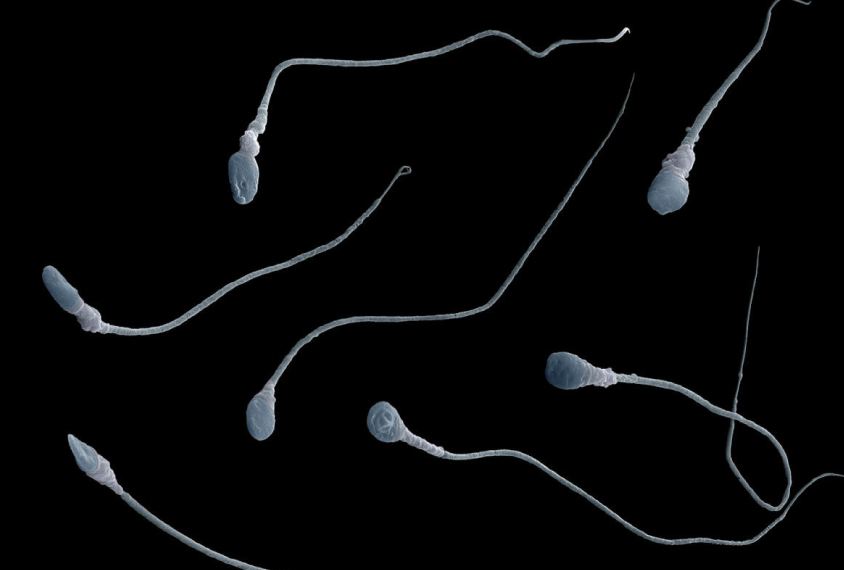
Some autism mutations go undetected, new study suggests
Some mutations that contribute to autism and arise spontaneously may be mistaken for inherited mutations.
Massive sequencing project identifies new genetic syndromes
The largest-ever set of sequences from people with developmental delay has revealed 43 new genetic diagnoses.

Massive sequencing project identifies new genetic syndromes
The largest-ever set of sequences from people with developmental delay has revealed 43 new genetic diagnoses.
Mini-brains may pin down key genes in large mutations
Clusters of brain cells — so-called 'mini-brains' grown in the lab — may help researchers understand how large stretches of duplicated or deleted DNA affect the brain.
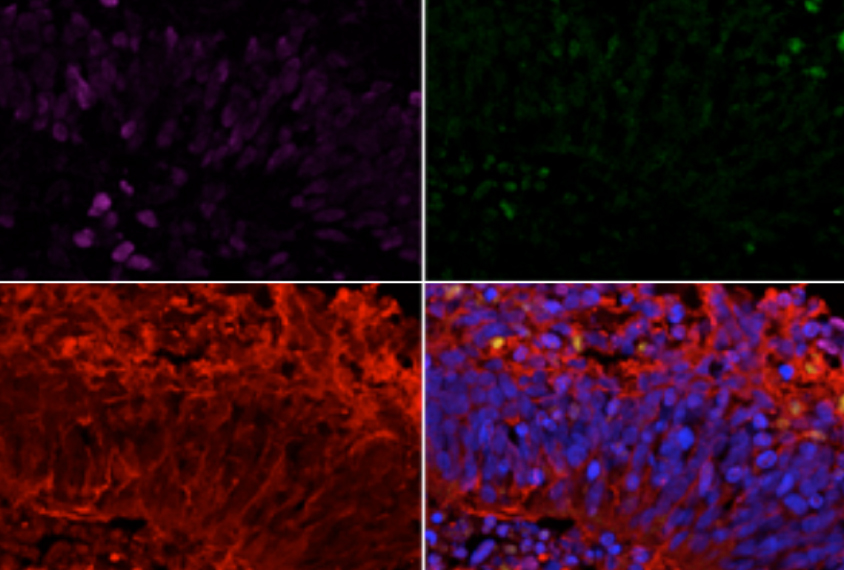
Mini-brains may pin down key genes in large mutations
Clusters of brain cells — so-called 'mini-brains' grown in the lab — may help researchers understand how large stretches of duplicated or deleted DNA affect the brain.
Mutation types tied to autism converge on shared set of genes
Genes linked to autism in sequencing studies tend be located in long stretches of DNA that are duplicated or missing in some people with developmental conditions.

Mutation types tied to autism converge on shared set of genes
Genes linked to autism in sequencing studies tend be located in long stretches of DNA that are duplicated or missing in some people with developmental conditions.
Some ‘autism genes’ show stronger ties to related conditions
The largest autism sequencing study to date implicates 99 genes in the condition — but nearly half have a tighter link to intellectual disability or developmental delay.

Some ‘autism genes’ show stronger ties to related conditions
The largest autism sequencing study to date implicates 99 genes in the condition — but nearly half have a tighter link to intellectual disability or developmental delay.
Explore more from The Transmitter
Okur-Chung neurodevelopmental syndrome; excess CSF; autistic girls
Here is a roundup of autism-related news and research spotted around the web for the week of 21 October.
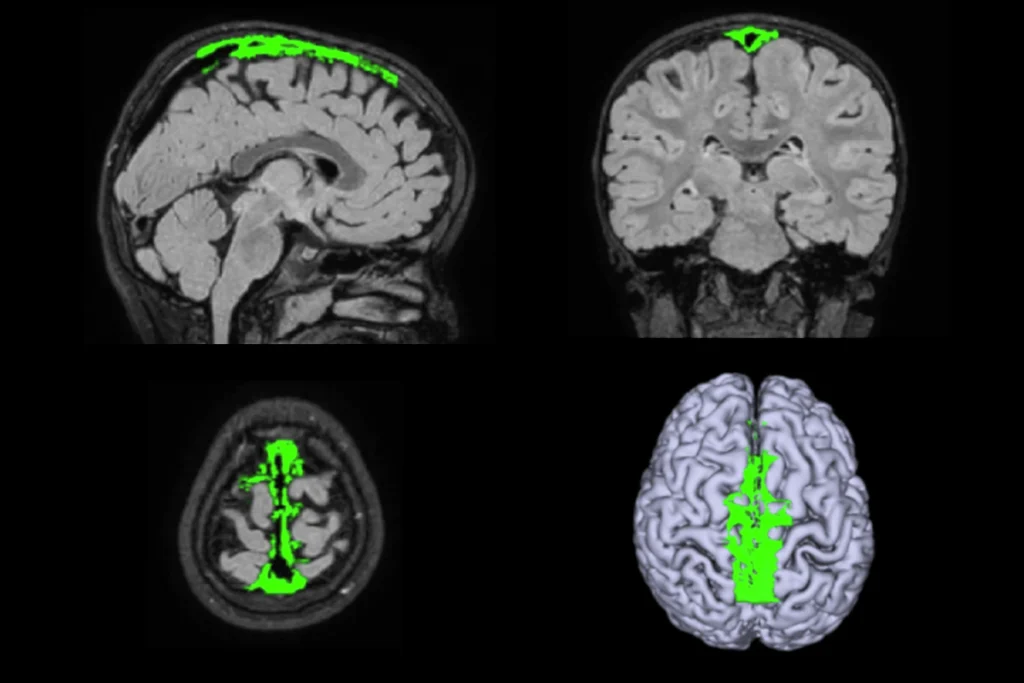
Okur-Chung neurodevelopmental syndrome; excess CSF; autistic girls
Here is a roundup of autism-related news and research spotted around the web for the week of 21 October.
Brains, biases and amyloid beta: Why the female brain deserves a closer look in Alzheimer’s research
New results suggest the disease progresses differently in women, but we need more basic science to unpack the mechanisms involved.
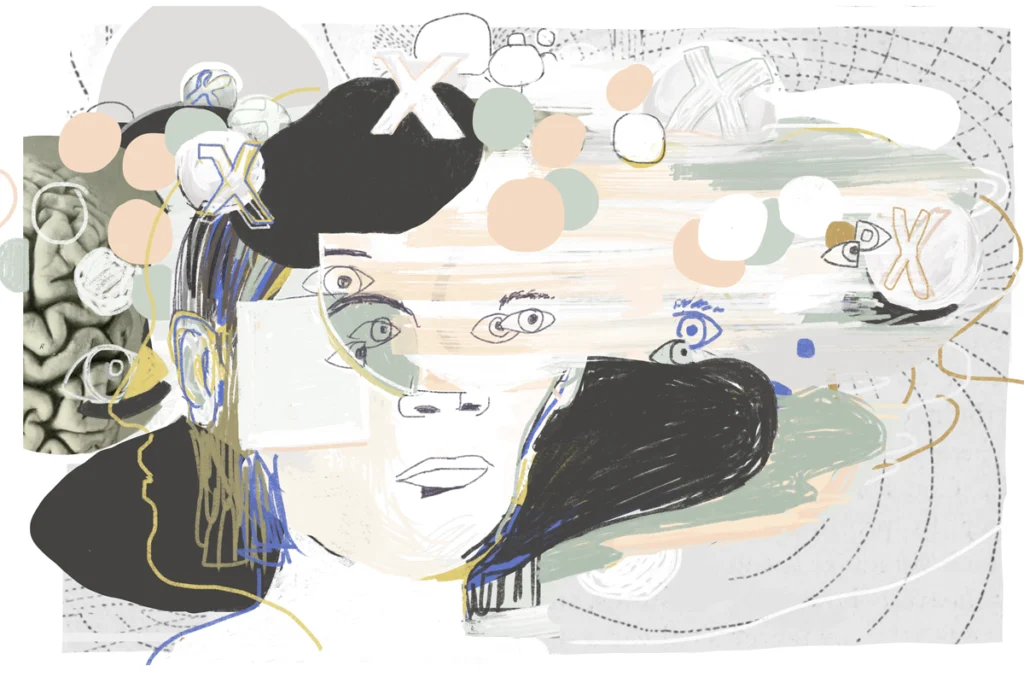
Brains, biases and amyloid beta: Why the female brain deserves a closer look in Alzheimer’s research
New results suggest the disease progresses differently in women, but we need more basic science to unpack the mechanisms involved.
Are brains and AI converging?—an excerpt from ‘ChatGPT and the Future of AI: The Deep Language Revolution’
In his new book, to be published next week, computational neuroscience pioneer Terrence Sejnowski tackles debates about AI’s capacity to mirror cognitive processes.
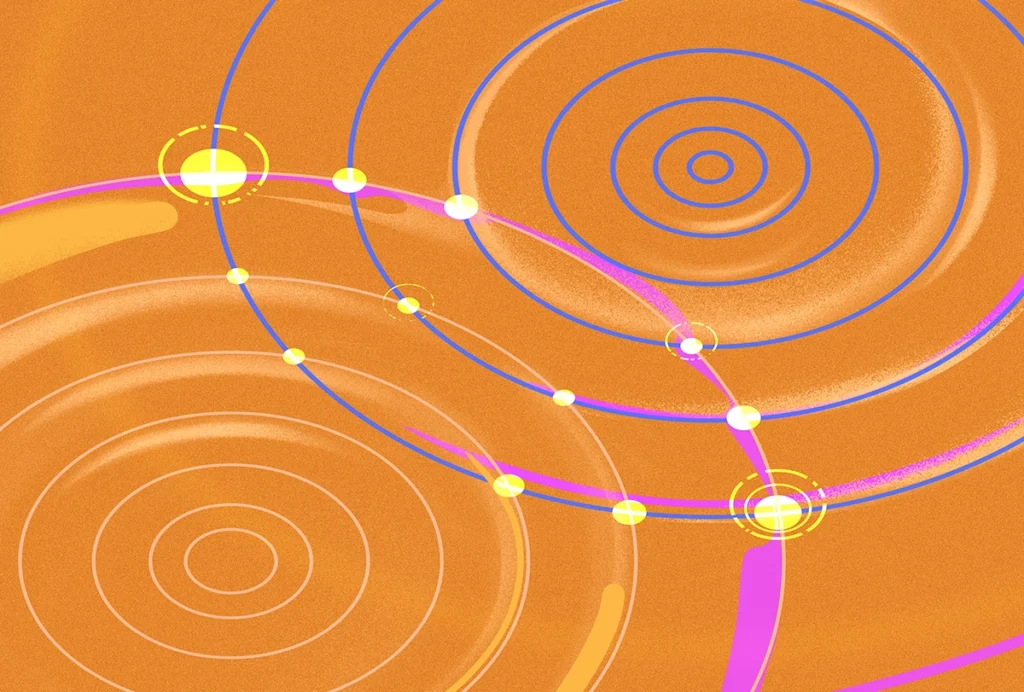
Are brains and AI converging?—an excerpt from ‘ChatGPT and the Future of AI: The Deep Language Revolution’
In his new book, to be published next week, computational neuroscience pioneer Terrence Sejnowski tackles debates about AI’s capacity to mirror cognitive processes.